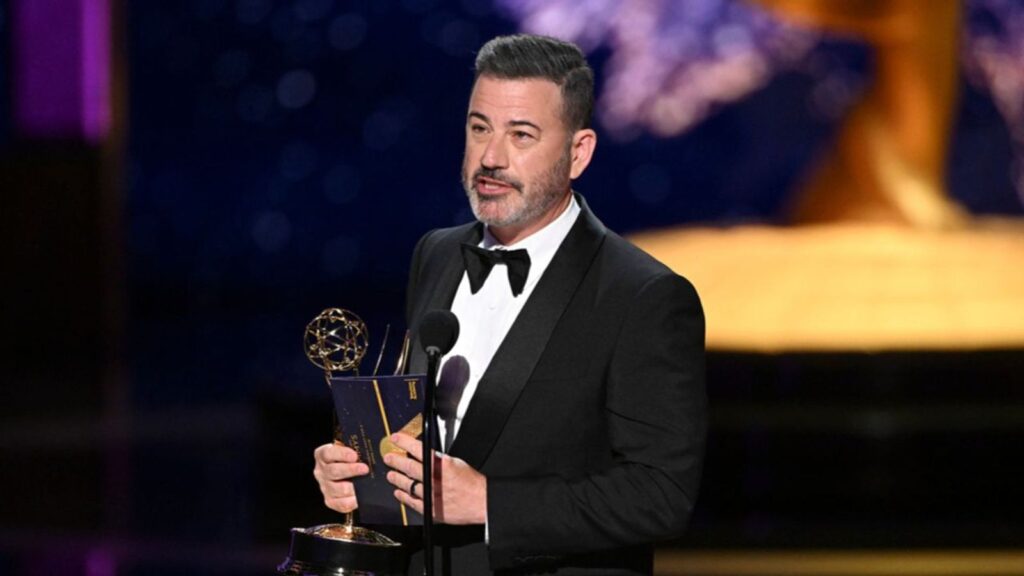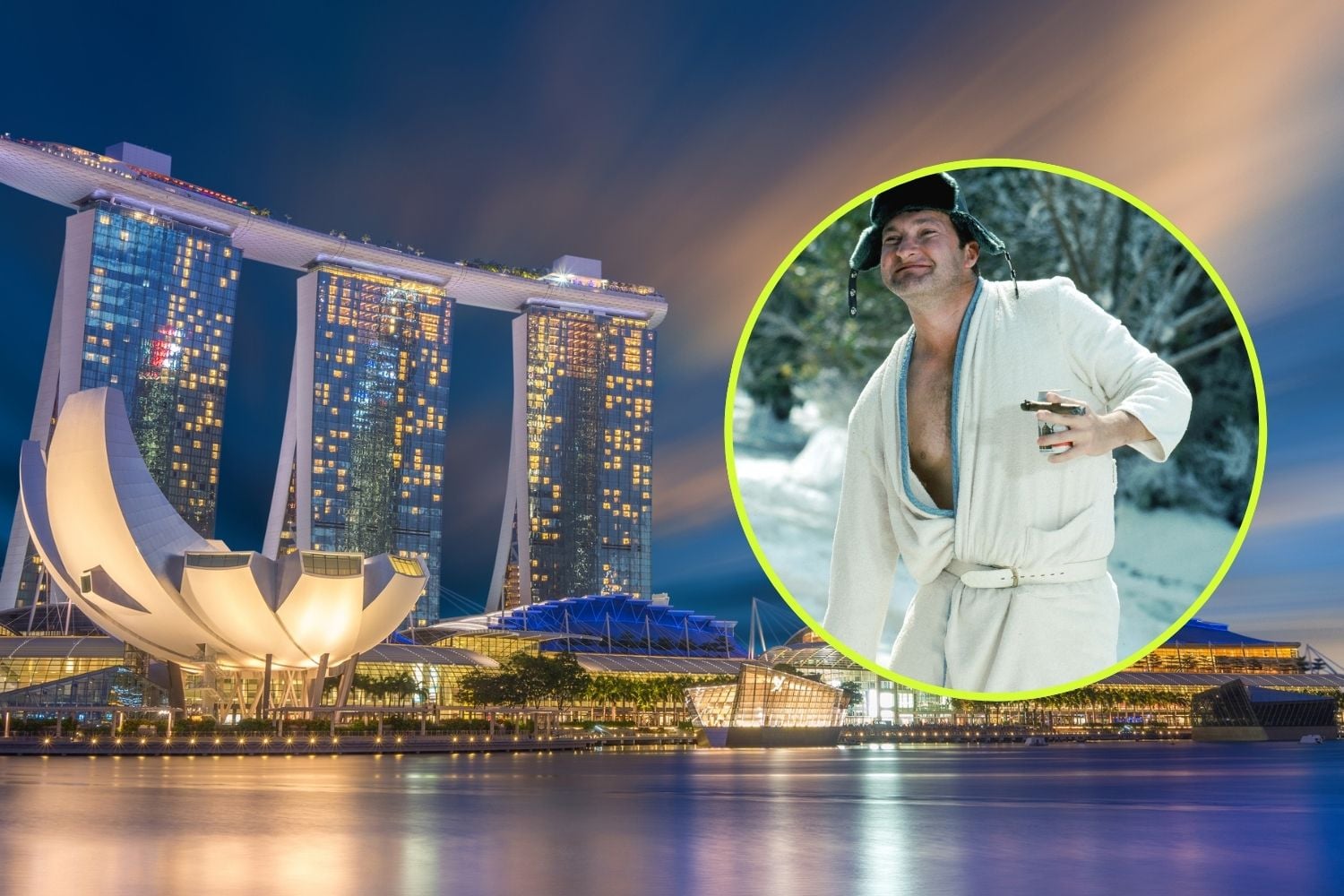
American late-night talk show host Jimmy Kimmel returned to the airwaves on Tuesday night, following a suspension by ABC on September 17 due to his controversial comments regarding the killing of far-right podcaster Charlie Kirk. Kimmel’s comeback, fueled by public outrage over what many perceived as censorship, drew a massive audience, marking a significant moment in the ongoing debate over free speech in media.
In his return monologue, Kimmel criticized former President Donald Trump, stating, “The president of the United States made it very clear he wants to see me and the hundreds of people who work here fired from our jobs. Our leader celebrates Americans losing their livelihoods because he can’t take a joke.” Kimmel’s remarks highlighted the broader implications of political interference in media, as he warned that Trump was targeting not only comedians but also journalists.
Kimmel’s Critique of Political Interference
During his monologue, Kimmel addressed the wider threat to free speech, noting that Trump was “gunning for our journalists, too. He’s suing them. He’s bullying them.” He pointed to a new policy announced by Fox News commentator Pete Hegseth, which requires journalists with Pentagon press credentials to sign a pledge not to report unauthorized information, even if unclassified. Kimmel argued, “They want to pick and choose what the news is.”
Kimmel also reflected on his tenure at ABC, a division of Disney, where he had hosted nearly 4,000 shows without prior interference. He expressed dissatisfaction with his suspension, stating, “I did not agree with that decision and I told them that.” Despite his disagreement, Kimmel acknowledged ABC’s decision to reinstate him, recognizing the risk it posed to the network.
Public Reaction and Media Landscape
The suspension and subsequent return of Kimmel sparked widespread public reaction, with viewership for his comeback episode reaching 6.26 million, a significant increase from the average nightly audience of 1.42 million. According to CNBC, Kimmel’s monologue garnered over 26 million views across YouTube and social media platforms, marking the highest ratings for the show among adults aged 18 to 49 in over a decade.
“Google searches for ‘What time is Jimmy Kimmel?’ were up 10,000 percent worldwide on Tuesday,” noted CNN’s Chief Data Analyst Harry Enter.
Despite the show’s success, two major television station groups, Nexstar and Sinclair, continued their policy of not airing Kimmel, affecting approximately 25 percent of the US television audience. This decision reflects the ongoing polarization in media consumption and the influence of political affiliations on broadcasting decisions.
Broader Implications for Free Speech
The controversy surrounding Kimmel’s suspension underscores the broader challenges facing free speech in America. The incident drew comparisons to historical instances of censorship and political interference in media. An open letter from the American Civil Liberties Union (ACLU), signed by 400 entertainment industry figures, condemned the suspension as a threat to free speech.
“We the people must never accept government threats to our freedom of speech,” the letter stated. “This runs counter to the values our nation was built upon, and our Constitution guarantees.”
The letter highlighted the broader implications for various sectors, including educators, government employees, and artists, who are also facing attacks on their freedom of expression. The public backlash against Kimmel’s suspension and the subsequent reinstatement of his show reflect a growing resistance to perceived censorship and political interference in media.
A Turning Point in Media and Politics
Kimmel’s return to the airwaves was met with a standing ovation from the studio audience, and he expressed gratitude for the support he received. “Thanks to all who supported our show, cared enough to do something about it, to make your voices heard so that mine could be heard,” he said.
In a humorous yet pointed critique, Kimmel played a video clip of Trump criticizing him, to which he responded, “You almost have to feel sorry for him. He tried, did his best to cancel me. Instead, he forced millions of people to watch the show.”
The episode serves as a reminder of the complex relationship between media, politics, and free speech in the United States. As Kimmel’s case illustrates, the battle over media censorship and political influence is far from over, and the public’s role in defending democratic values remains crucial.
As the nation grapples with these issues, Kimmel’s return may well signify a turning point in the ongoing struggle for free expression in media, highlighting the power of public opinion in challenging political overreach.






